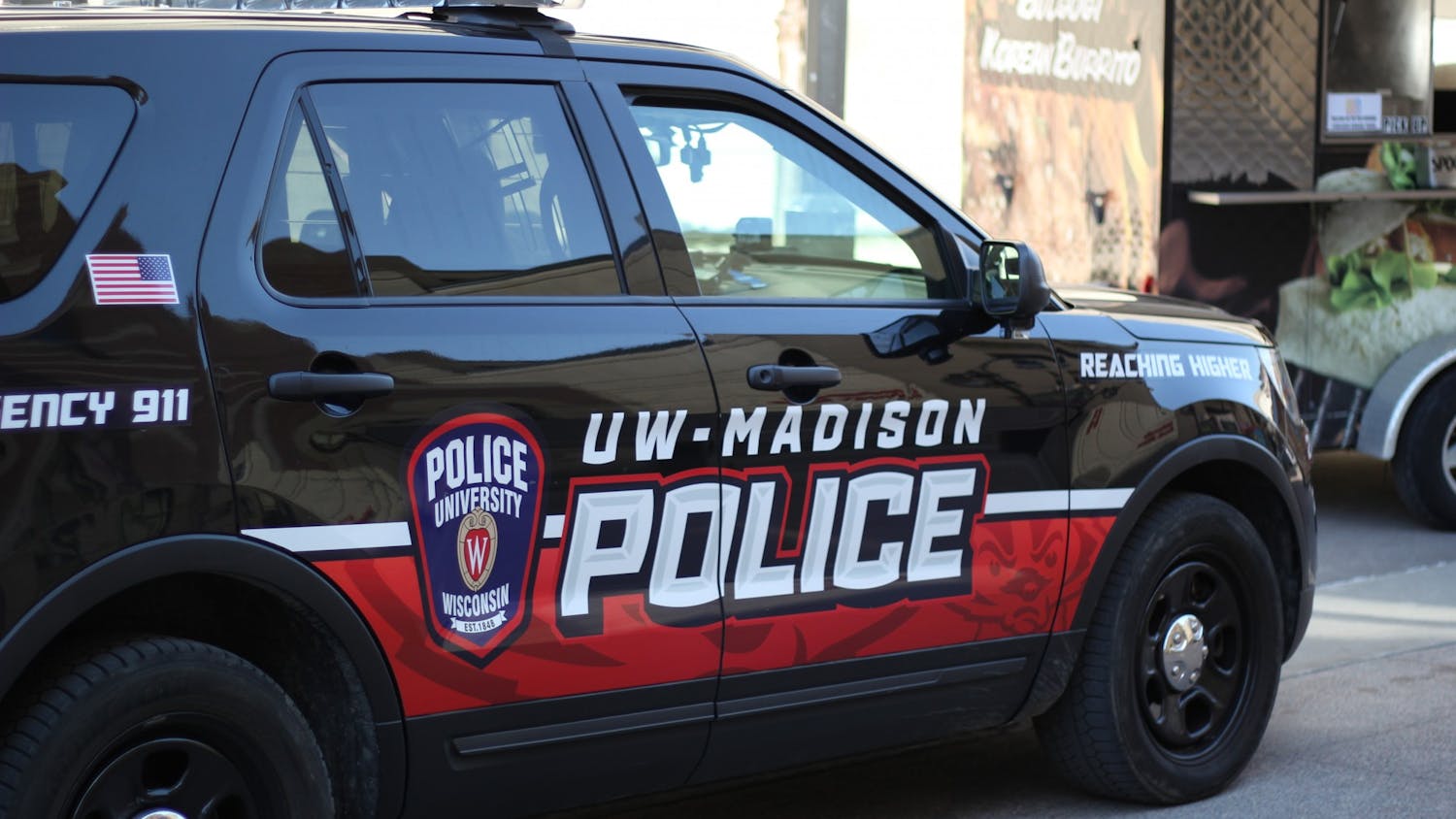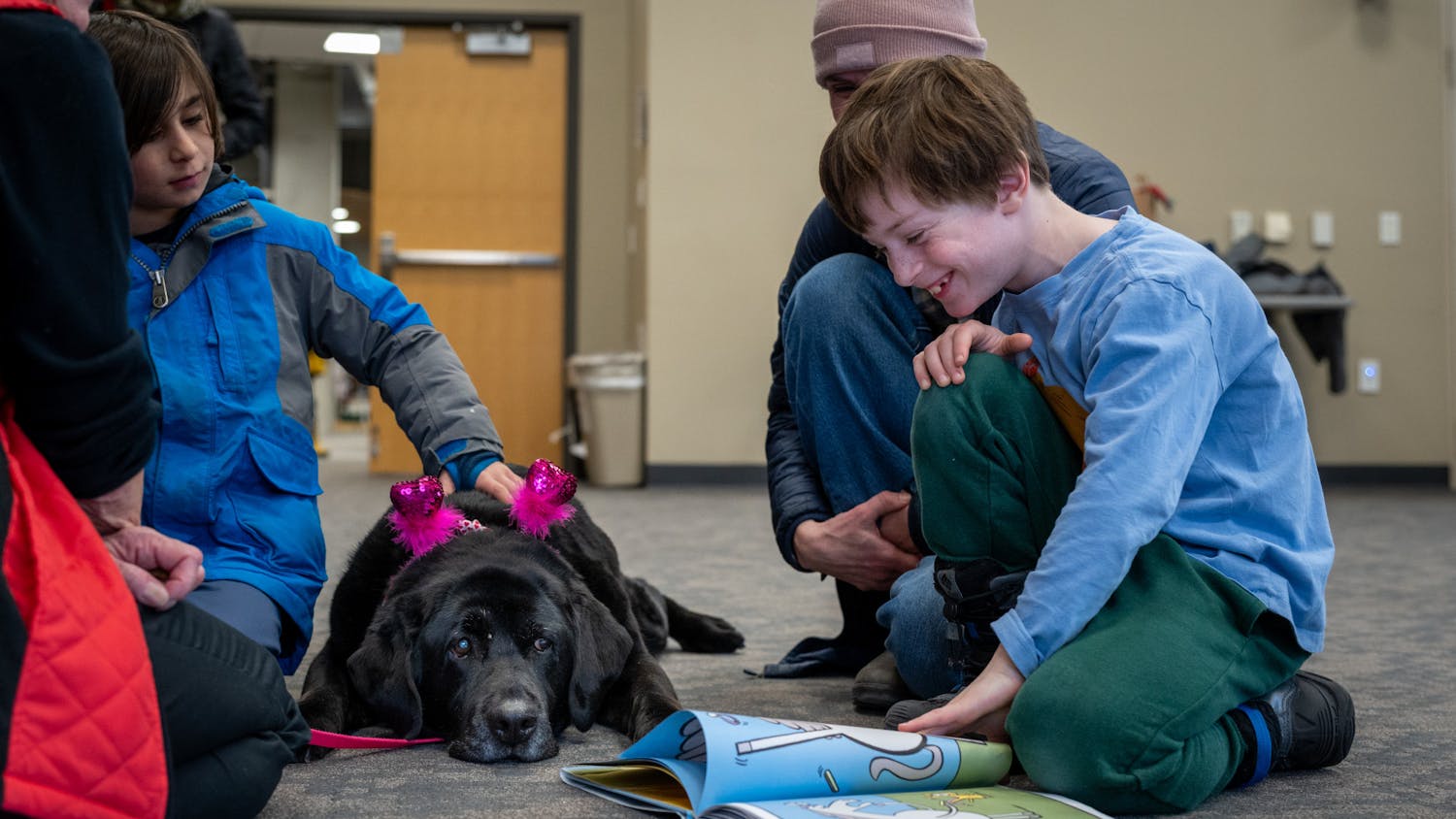The Madison Common Council will vote on whether or not to make the city of Rafah, on the Gaza Strip, the 12th member of its sister city program May 18. The debate surrounding the current sister-city proposal has been highly political. It has mirrored the typical rhetoric from sympathizers of both sides of the Israeli-Palestinian debate. It is important that people on both sides of the debate, however, figure out exactly what they are arguing over.
The Madison sister-city program was started in 1962, when Madison and Oslo, Norway, cultivated a sister- city relationship. Since then, Madison has added 10 more sister cities. According to the criteria formally established in 1988 by Ald. Judy P. Olson, sister cities must share a mutual interest with Madison in business, education and agriculture. In addition, Madison and its sister cities must be committed to sharing information on municipal improvements and creating a \cultural exchange."" Both sides can break off the relationship because of human rights concerns. In 2003, Madison spent a total of $10,000 on its sister city program.
Until now, Madisonians have embraced every one of Madison's sister cities. However, no sister-city proposal has been as politically charged as the one regarding Rafah. Proposed by UW-Madison senior lecturer Jennifer Loewenstein, who visited Rafah during a trip to see her family in Israel and noticed that its residents lived in terrible conditions, the proposal has started a debate that is a microcosm of the international debate between sympathizers toward Israel and those toward Palestine.
Were it not for the fierce Israeli-Palestinian debate, Rafah would be a nice fit for Madison's sister-city program. With about 150,000 residents, Rafah is comparably sized to Madison. In addition, as sponsors of the resolution in the City Council have pointed out, Rafah shares Madison's goals of developing green space and improving the environment and transit systems, and reflects ""a democratic vision that corresponds to the values of Madison's political leadership.""
The fact is, however, that Rafah is also at the center of the Israeli-Palestinian conflict. It may in fact have similar goals to Madison as a city, but it has one entirely dissimilar goal: kicking out Israel, which it sees as an unjustly occupying foreign government.
Sympathizers on both sides of the Israeli-Palestinian conflict tend to see the issue in black and white. Palestinian sympathizers look at Israel as occupying and mercilessly controlling Palestinian areas. Israeli sympathizers see Palestinians as terrorists who are willing to kill innocent Israelis to achieve their goals of wiping out the Jews.
The problem is that both sides make broad generalizations about the other. Steve Morrison, the director of the Madison Jewish Community Council, asserted that terrorist groups are ""in control of Rafah,"" and the proposal is no more than thinly-veiled anti-Semitism. His organization voted unanimously to condemn the sister-city proposal, yo which Loewenstein replied that such action was ""a way of generating hostility.""
Loewenstein is doing an admirable thing by bringing attention to the suffering of the refugees in Rafah. Already, the group of Madison residents sponsoring the resolution has raised over $9,000 to benefit the Palestinian refugees in Rafah with medical supplies and literacy materials. However, the group's goal of gaining City Council approval is unfair and unrealistic because it asks that Madison, a small Midwestern city, to take an official stance on something related to one of the most divisive issues in the world today.
Ms. Loewenstein's group is doing the right thing by bringing attention to the fate of the suffering refugees in Rafah. However, unless they can demonstrate that Rafah clearly fits within all of the criteria of Madison's sister-city program. The issue is simply too divisive to make the official business of Madison, a city almost 10,000 miles away from Rafah.
It would be nice to have a civilized debate about this issue. However, both sides have repeatedly demonstrated that they prefer to make broad generalizations. As Mayor Dave Cieslewicz, who does not support the proposal, told The Capital Times: ""The City Council and I are not equipped and we shouldn't be expected to debate Middle East Policy when we have city issues to deal with.""





